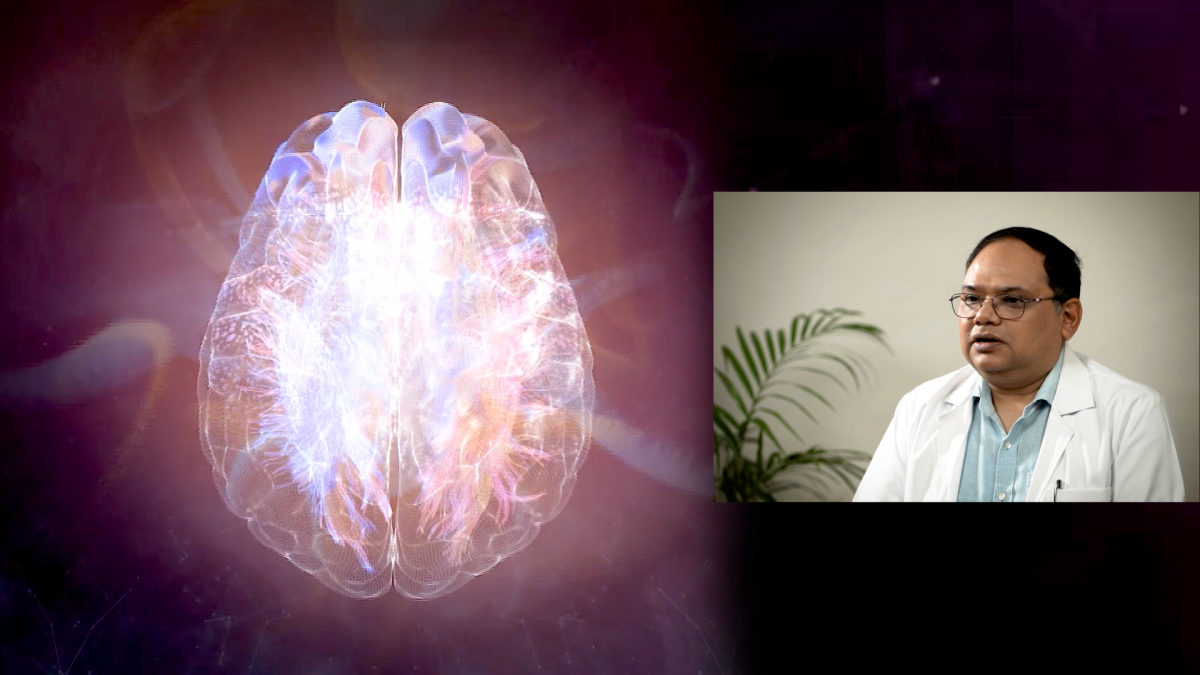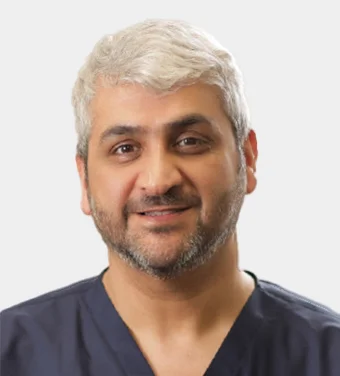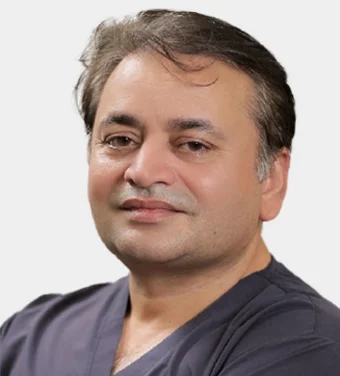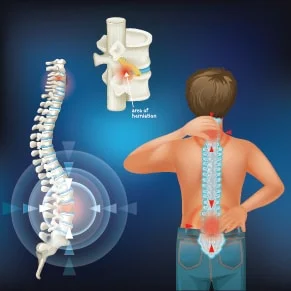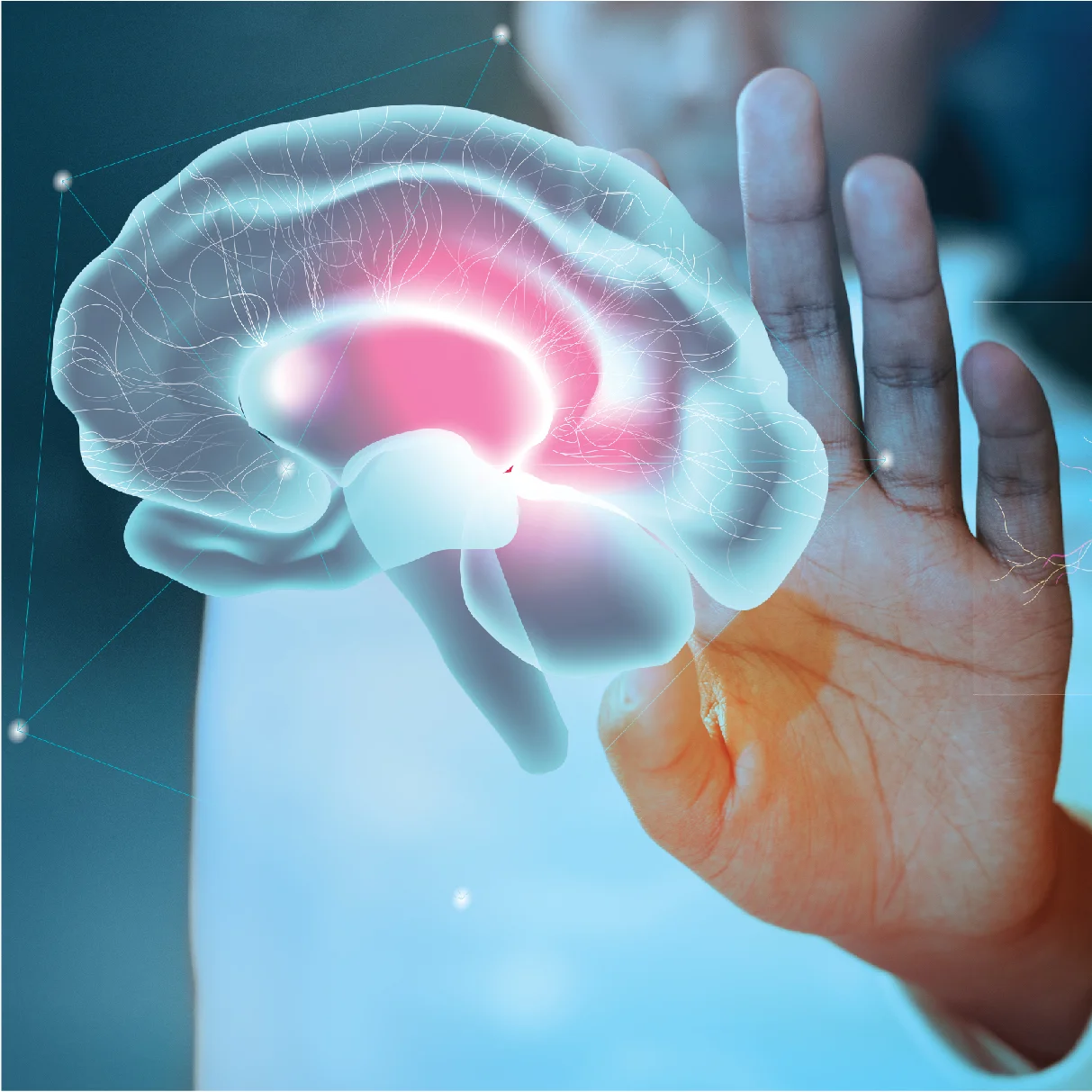
At IBS Hospital, our Neurosurgery Department excels with innovative, experienced, and compassionate neurosurgeon doctors in Delhi delivering exceptional outcomes. As pioneers in breakthroughs, we provide unparalleled surgical excellence. We are New Delhi's largest program with esteemed faculty, advanced facilities, and precision in both conventional and minimally invasive procedures for seamless recovery.
-
- Open or conventional surgery
- MIS or minimally invasive surgery
- Microsurgery
- Radiosurgery
- Gamma knife or brain stereotactic radiosurgery
- Endoscopic surgery
- Endovascular surgery
Our team of experts that make it possible
Book an Appointment
Receive a swift analysis of your imaging studies and medical tests from our doctors, who will also offer recommendations for treatment.
REQUEST A CONSULTATION TODAYIBS Hospital Empowers Your Treatment with Cutting-edge Technology
We continuously incorporate cutting-edge technologies from around the world into our offerings, such as a surgical system that allows for precise and confident complex procedures. We use magnetic stimulation to treat certain neurological conditions and create personalised brain maps for tailored treatment plans. Nerve monitoring during surgeries ensures the nervous system is not compromised, and a robotic exoskeleton aids in mobility issues. Our goal at IBS Hospital is to provide the best care possible, utilising the latest and most innovative technologies available.


